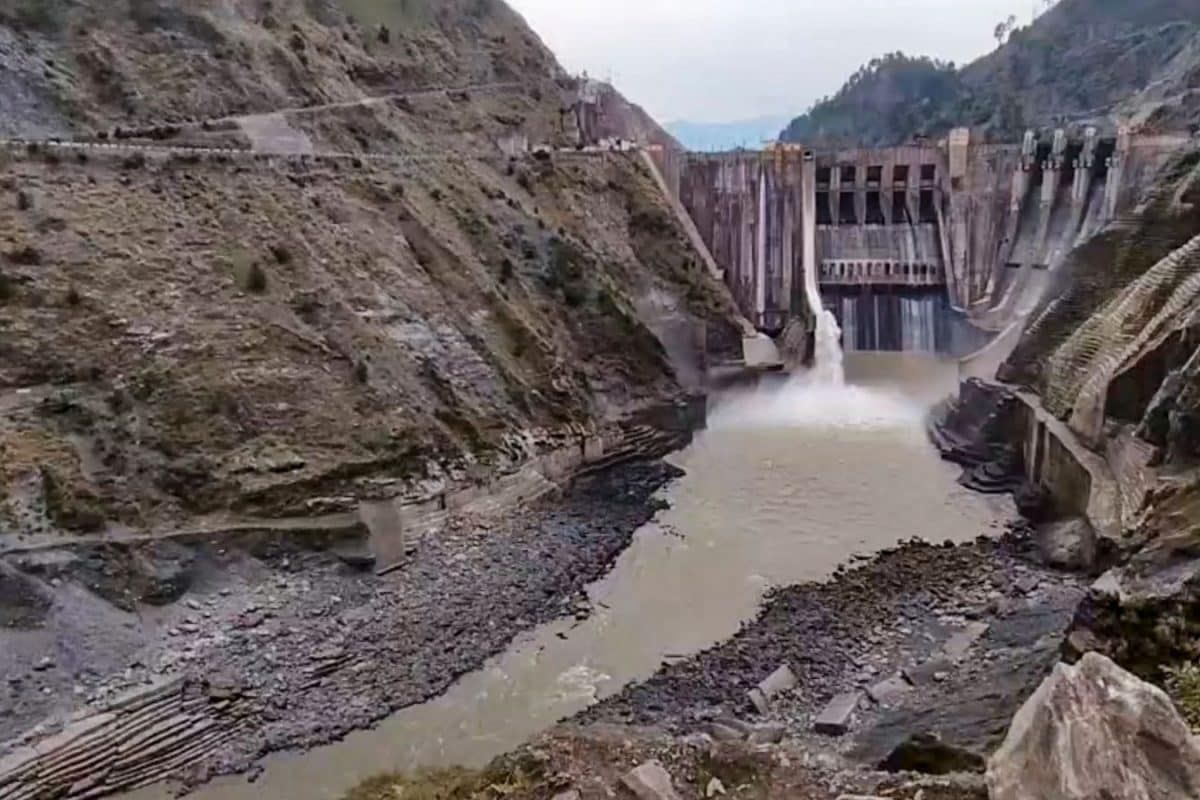

Jal Shakti Minister C R Paatil has firmly stated that Pakistan's letters regarding the Indus Waters Treaty (IWT) are inconsequential and will not alter India's position on the matter. He asserted that India is not afraid of Pakistan's threats concerning the treaty.
Paatil's remarks, made during a press conference on Thursday, June 26, 2025, came in response to repeated letters from Pakistan requesting a review of India's decision to suspend the treaty. The minister clarified that these letters are a mere formality and will not influence India's stance. He reassured that the water allocated under the treaty will remain unaffected.
The Indus Waters Treaty, brokered by the World Bank in 1960, governs the sharing of water from the Indus River and its tributaries between India and Pakistan. The treaty grants India control over the three eastern rivers—Beas, Ravi, and Sutlej—while Pakistan has control over the three western rivers—Indus, Jhelum, and Chenab.
India's decision to put the IWT in abeyance followed a terror attack in Pahalgam on April 22, 2025, which resulted in the death of 26 people. India has accused Pakistan of supporting cross-border terrorism and has stated that the treaty will remain suspended until Pakistan credibly demonstrates that it has ceased its support for such activities.
Paatil addressed comments made by Pakistani leader Bilawal Bhutto, who had threatened India over the suspension of the Indus Waters Treaty. Paatil dismissed Bhutto's remarks, stating that he has said many things for political reasons. He added that India is not intimidated by such "hollow threats," referring to Bhutto's earlier statements about "blood and water flowing" if the IWT is suspended. "Hum in geedad bhabkiyon se darte nahi hain (We are not afraid of these empty threats)," the minister added.
While acknowledging that India is working to utilize the waters of the western tributaries of the Indus, Paatil did not disclose specific project details. He stated that it is not in the national interest to divulge such information at this time, but assured that any actions taken will benefit the nation.
India's suspension of the IWT has raised concerns about regional stability and the potential for increased conflict between the two countries. Some experts have warned that disrupting the flow of water to Pakistan could be considered an act of war. However, India has maintained that its actions are justified in light of Pakistan's alleged support for terrorism.
The treaty gives India control over the waters of the three "Eastern Rivers"—the Beas, Ravi and Sutlej—which have a total mean annual flow of 41 billion cubic metres. Control over the three "Western Rivers"—the Indus, Chenab and Jhelum—which have a total mean annual flow of 99 billion cubic metres, was given to Pakistan. India received control of 30% of its total water carried by the rivers, while Pakistan received 70%. The treaty allows India to use the water of Western Rivers for limited irrigation use and unlimited non-consumptive uses such as power generation, navigation, floating of property, fish culture, etc.
Amidst these developments, Jal Shakti Minister Paatil also reaffirmed the Modi government's commitment to revive the Tulbul navigation project on Kashmir's Wular Lake, further highlighting India's focus on utilizing its water resources for national benefit. He stated that the decision to keep the IWT in abeyance is in the interest of the country and that any further action taken on it will be for the benefit of everyone.